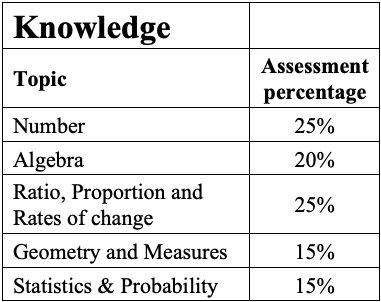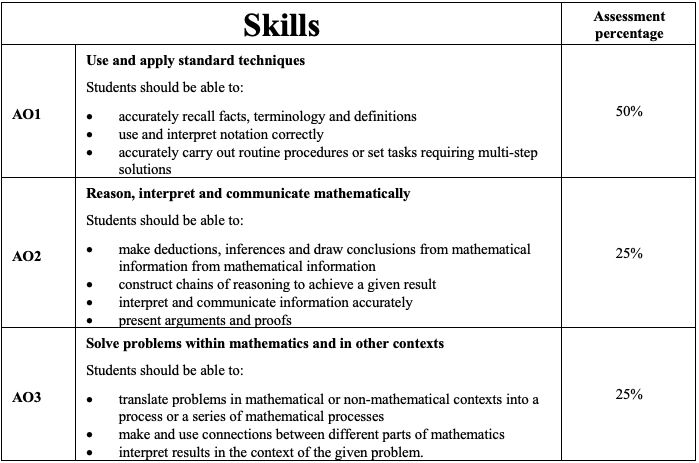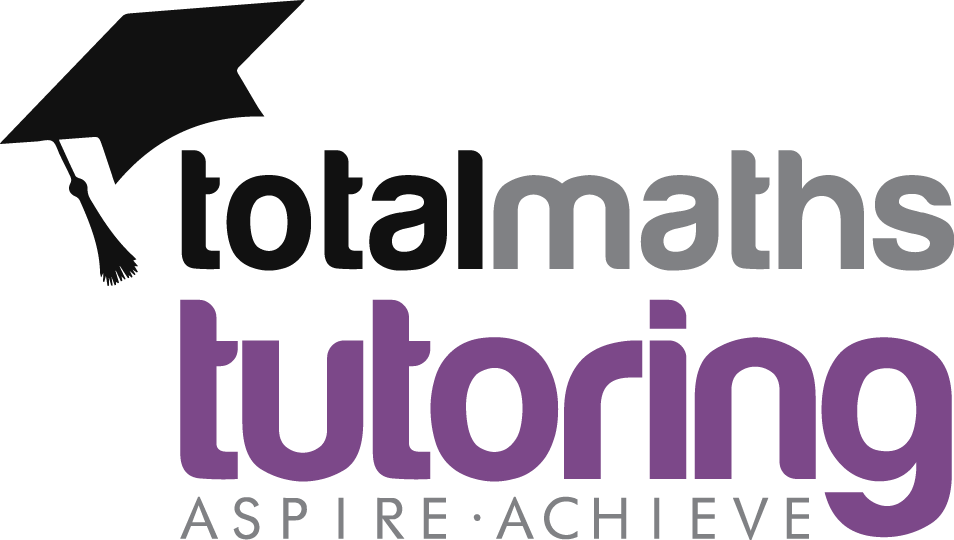How to achieve the best results at GCSE Maths- Foundation Tier
The foundation tier at GCSE Maths is intended to equip students with a good solid knowledge of “real world” Mathematics, that they can use successfully in their future careers. Therefore this tier focuses far more on the basic maths that students will need to do well in the world of work, as well as in their personal lives. So what is the make up of the foundation tier course at GCSE?


Students generally need between 50 and 55% to pass with a grade 4 (the equivalent to the old C grade), and between 65 and 70% to achieve a grade 5.
What does this mean for students?
Essentially it means students need to be extremely well skilled at working with numbers and proportion. A real understanding of how to work with fractions, percentages, ratios, decimals is vital. Students can’t get by just knowing the processes that they use to work with these concepts, they need to really understand the links between them, working with them fluently and interchangeably.
There isn’t a big focus on using Algebra, but students need to be skilled at using numerical examples to solve problems, and explain their maths competently and clearly.
Students need to be thorough, and can’t afford to make many mistakes. This puts a real emphasis on mathematical literacy; Being able to read a long worded question & translate it into a mathematical concept they can make sense of Is a real skill, and one of the biggest criticisms of the new GCSE system. There is a strong feeling within education that this reliance on literacy excludes some students who are mathematically proficient, but who’s literacy isn’t up to the level that it should be.
3 top tips to do well at foundation tier
- Focus on numeracy and proportion – Revise it, revise it, then revise it some more. If you still don’t understand certain topics, get some help from your teacher or get private maths tutoring.
- Know what you don’t know – Take an inventory of your GCSE topics. Find those knowledge gaps and fill them in.
- Develop an exam routine – This will help you be thorough, avoid mistakes and deal with the stress and anxiety of your final exams. Not sure what makes a good routine? Work with one of our expert tutors to develop your perfect routine.
